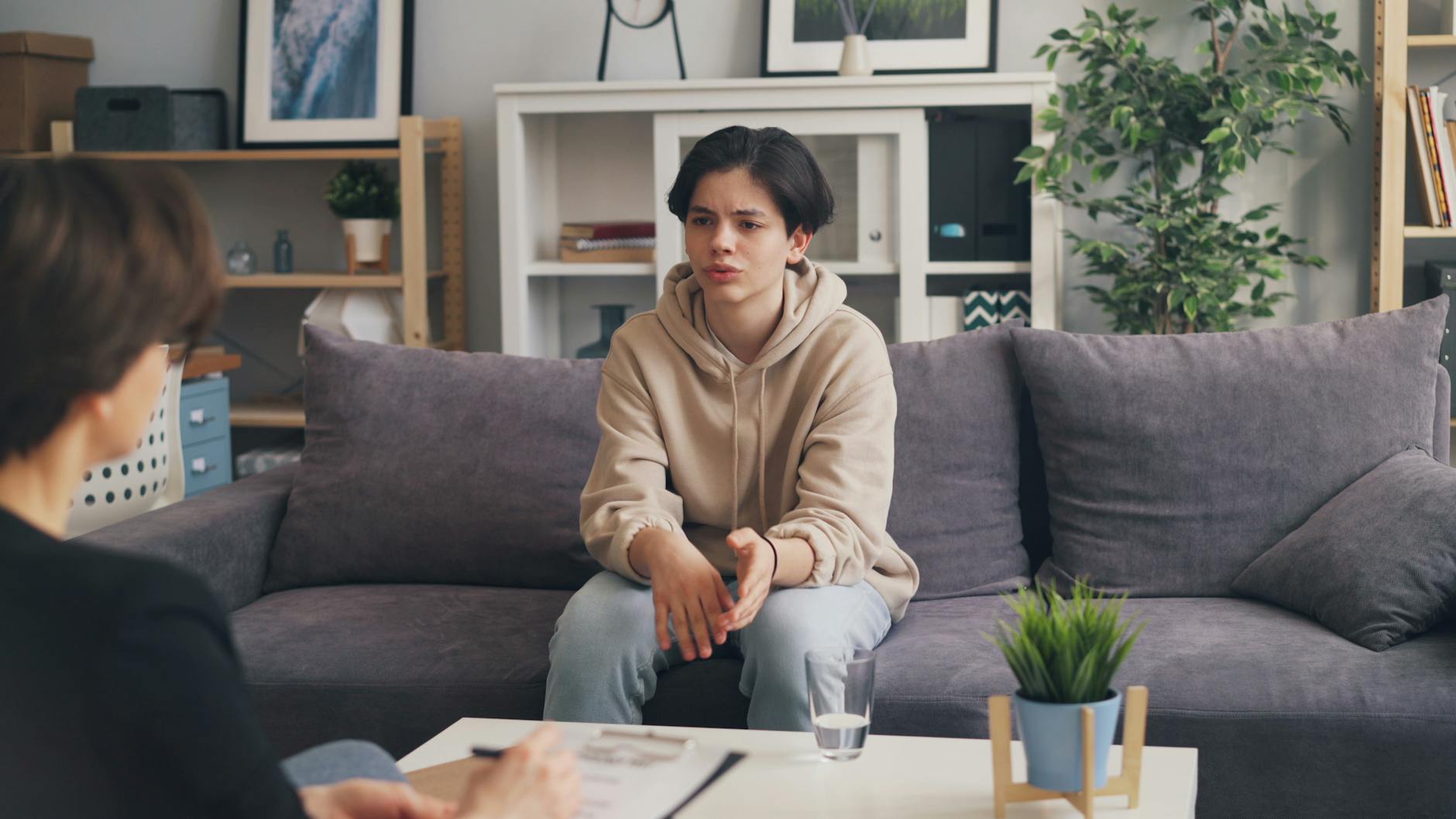I want to help my late talker to speak. What can I do?
Which words should I choose? How should I target them? How many times should I say them?
Are you at home with a 2-3 year old who doesn’t speak or speaks only in single words? Here are five evidence-based suggestions to help encourage your late talker to start talking:
1. Follow your child’s natural interests and take an active interest in what they are looking at and doing

2. Copy everything your late talker does, including any speech sounds, and add sound effects!

3. Use lots of gestures, especially pointing

4. Make a list of words to work on: here’s how!
Make an initial list of 10-15 words that you would like your late talker to say. There is no formula for choosing words, but the evidence tells us we should choose a variety of words, including words that:
- you are confident your late talker understands but is not yet attempting (e.g. names of household items, animals);
- start with a sound that your child can make. You can read more about the order in which most kids learn their consonants here. For many children, first sounds include vowels, and consonants like /m/ and /b/, like:
- ‘milk’, ‘moo’, ‘more’, ‘mama’; and
- ‘bath’, ‘bear’, ‘bottle’, ‘ball’, ‘bird’, ‘bubbles’, ‘book’; ‘balloon’, ‘baby’;
- are motivating for the child to say (e.g. the name of a loved toy);
- are important to you (e.g. ‘mama’ or ‘dad’);
- can be used with natural gestures (e.g. ‘up’, ‘open’);
- include at least a few ‘all-purpose’ verbs to help with word-combining (e.g. ‘open’, ‘put’, ‘go’, ‘make’, ‘do’);
- include some social and commenting words, (e.g. ‘hi’, ‘bye’, ‘nigh nigh’, ‘uh-oh’, ‘owie’);
- include some describing words (e.g. ‘big’, ‘hot’, ‘dirty’);
- include some protesting words (e.g. ‘no’);
- include some ‘sound-effect’ friendly words (e.g. ‘grr’, ‘choo choo’, ‘woof woof’, ‘vroom’, ‘baa-baa’, ‘moo’, ‘baa-baa’); and/or
- will be relevant to many daily routines that happen during the day (e.g. when getting dressed, at bath time, when eating, bed time, or when playing).
5. Choose 3 or 6 words to work on at a time
While playing face-to-face with your child, say each of the words you have chosen many times in short, grammatically correct sentences.

This kind of approach – where the parent provides all the input – has been found to improve expressive language skills in late-talking toddlers (e.g. Alt et al., 2014; Alt et al., 2020).
How many words should you work on at a time? How many times should you say each word? How long should each play “session” go for?
These are really important questions to be answered if you are trying to help your late talker. The research (and common sense) tells us that:
- you don’t want to try too many words at the same time, so start with 3 or 6 words to target;
- late talkers benefit from lots of repetitions; and
- play sessions shouldn’t go for too long, so start with a target of around 30 minutes.
What recent research tells us
A recently published study looked at two different ‘dose’ formats for a 30 minute play session run by a speech pathologist:
- 3 different words, each said 90 times; or
- 6 different words, each said 45 times.
In both cases, that’s a total of 270 ‘doses’ in 30 minutes, or 9 ‘doses’ a minute – one target word every 6.7 seconds in a short grammatical sentence, while playing! That’s a lot of repetitions!
The program went for around 8 weeks, with two 30-minute sessions a week. Speech pathologists worked with families to choose 10 target words. These words were words that the families wanted their children to say, and included words from different classes (e.g. nouns, verbs, adjectives) but there was no formula for choosing the word classes.
Toys and activities were pre-planned to make it easier for the speech pathologists to use the targets many times. For example, if a target words were ‘milk’, ‘mum’ and ‘go’, the speech pathologist would use grocery shopping activities or preparing cereal, and use a range of objects, e.g. play milk bottles, real milk, pictures of milk, a colouring page of a milk carton, and a children’s book featuring milk.
Target words were addressed in treatment until the toddler attempted the word at least one time per session across three sessions. Some of the kids heard the same 3 words across all treatment sessions, and some heard all 10 of their words in sessions.
The program was tested on 24 mainly-monolingual English-speaking late-talkers, aged between 25-41 months. None of the children had autism, hearing loss or any other diagnosis other than being a late talker.
Over the roughly 8-week treatment period, most (15/24) of the children began producing targeted words; and at least a third of the children appeared to ‘learn how to learn’ words, gaining, on average more that 13 new words per week. Interestingly, there was no significant difference in the outcomes achieved by the toddlers who received 3 target words a session and those who received 6 target words a session.
6. What can I do when my child starts talking?
Big topic, and one worthy of its own article. But if I had to choose two of my favourite techniques, they would be build-ups and breakdowns, and recasting:


You can read a bit more about recasting here.
Clinical bottom line
Speech pathologists are trained to train parents and carers in a variety of techniques to help late talkers, including focused stimulation. But you are the expert on your child, and probably the centre of his or her world.
We hope this article has given you some practical tips for choosing words and helping your late talker to use them. Evidence-based techniques, like those summarised in this article, are safe and can be fun for you and your child in natural play activities and routines – even if you can’t quite manage 270 repetitions in 30 minutes!
Related articles:
- “My toddler doesn’t speak at all!”Don’t panic – get informed
- Why I tell parents to point at things to help late talkers to speak
- “He was such a good baby. Never made a sound!”Late babbling as a red flag for potential speech-language delays
- Late-talkers: kick-start language with these verbs
- Late talkers: how I choose which words to work on first
- How do babies and toddlers choose their first words
Principal source: Alt, M., Mettler, H.M., Erikson, J.A., Figueroa, C.R., Etters-Thomas, S.E., Arizmendi, G.D., Oglivie, T. (2020). Exploring Input Parameters in an Expressive Vocabulary Treatment with Late Talkers, Journal of Speech, Language, and Hearing Research, 63, 216-233.
Technical resource for speech pathologists looking to help parents choose first words: Wordbank, an open database of children’s vocabulary development: http://wordbank.stanford.edu/.

Hi there, I’m David Kinnane.
Principal Speech Pathologist, Banter Speech & Language
Our talented team of certified practising speech pathologists provide unhurried, personalised and evidence-based speech pathology care to children and adults in the Inner West of Sydney and beyond, both in our clinic and via telehealth.








